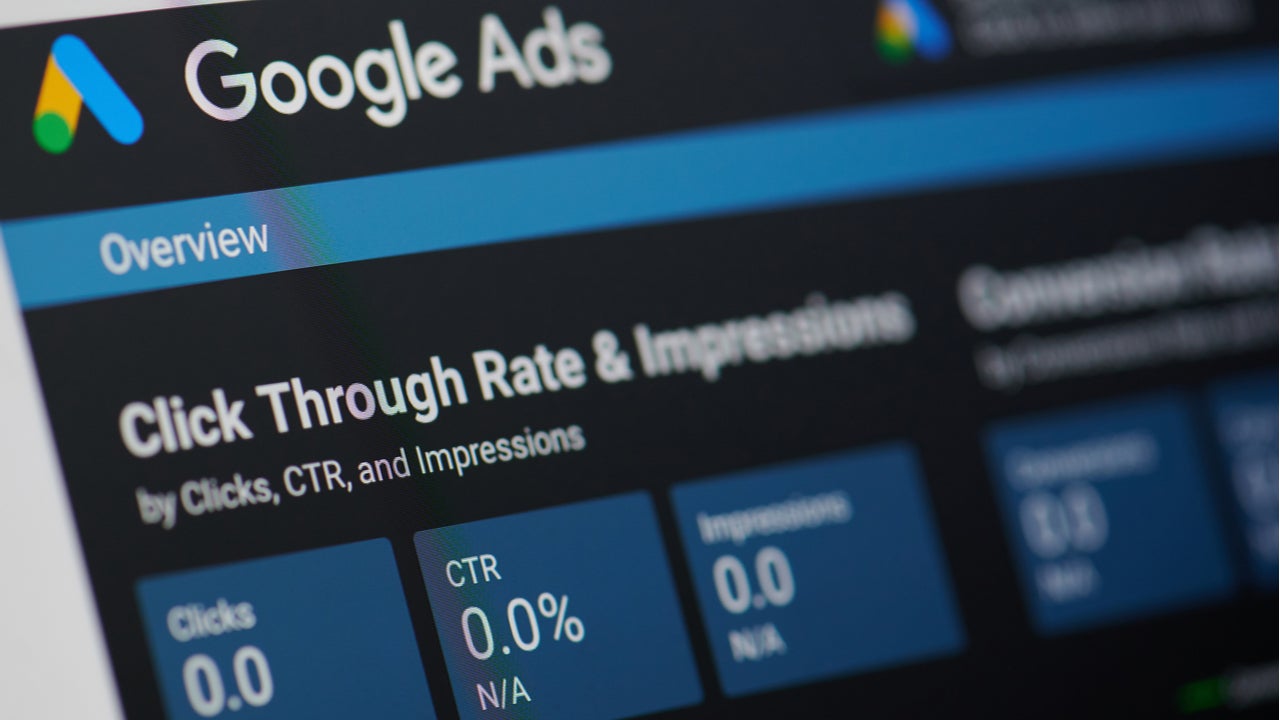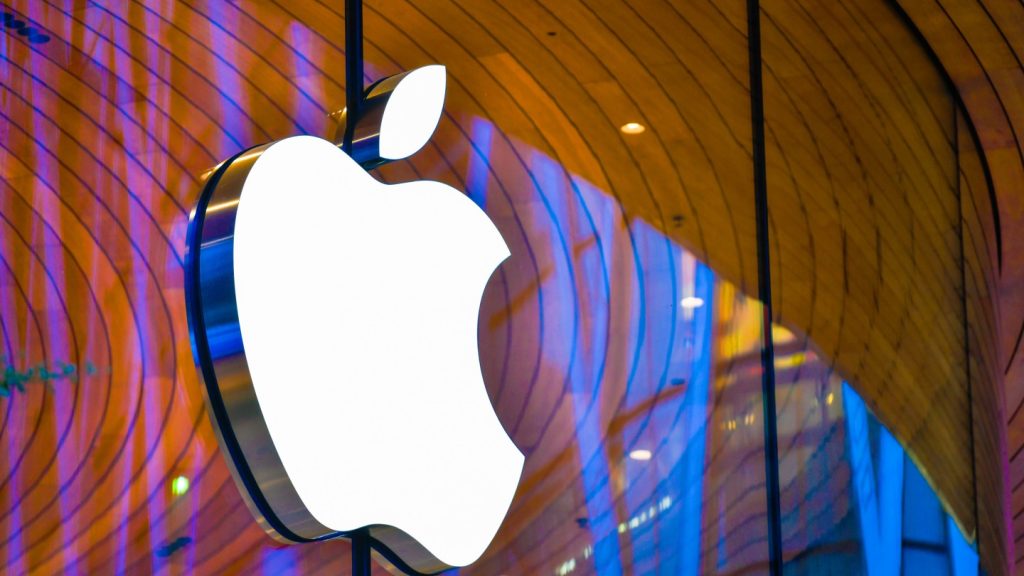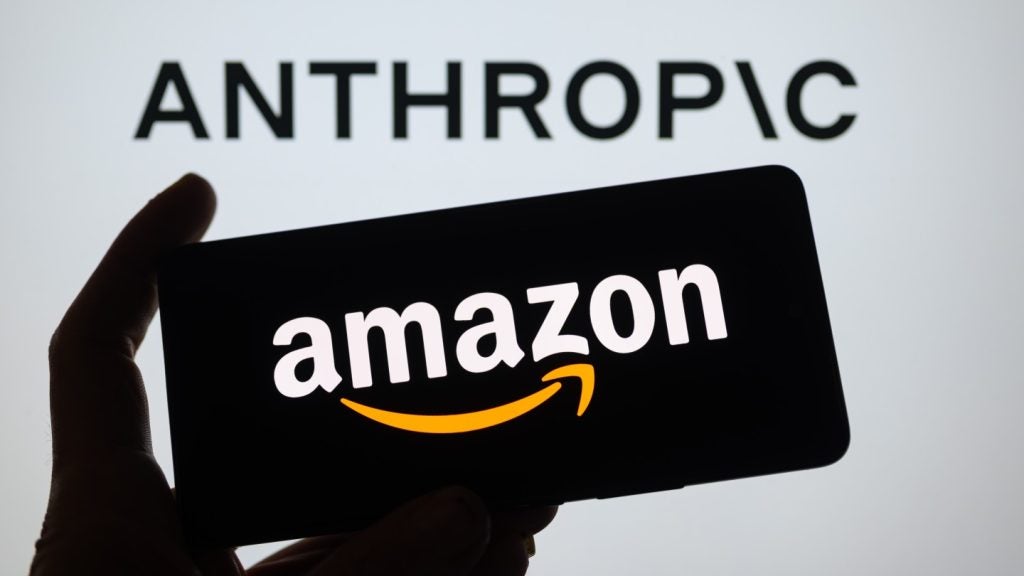
The UK’s Digital Markets Unit (DMU) has started creating new codes of conduct for powerful tech companies such as Google and Facebook that are intended to improve competition.
Its initial work will look at how these codes of conduct could ensure a pro-competition relationship between small businesses and the large digital platforms on which they advertise.
According to GlobalData, the global digital advertising segment generated $289.9bn in 2019. That same year Google and Facebook made up 67.8% of the UK’s digital ad market. Regulators are concerned that this concentration of market share could lead to higher prices and less choice for small businesses.
The DMU will operate within the Competitions and Markets Authority and work closely with other regulators, including the Information Commissioner’s Office, Ofcom and the Financial Conduct Authority. It will take a “sector neutral” approach and look across a range of markets. It will also explore how a code could apply to the relationship between platforms and news publishers.
It does not yet have statutory powers but is carrying out preliminary work in the meantime. The government said it will “put the DMU on a statutory footing as soon as parliamentary time allows.”
“People shopping on the internet and sharing information online should be able to enjoy the choice, secure data and fair prices that come with a dynamic and competitive industry,” said Andrea Coscelli, chief executive of the Competition and Markets Authority.
How well do you really know your competitors?
Access the most comprehensive Company Profiles on the market, powered by GlobalData. Save hours of research. Gain competitive edge.

Thank you!
Your download email will arrive shortly
Not ready to buy yet? Download a free sample
We are confident about the unique quality of our Company Profiles. However, we want you to make the most beneficial decision for your business, so we offer a free sample that you can download by submitting the below form
By GlobalDataThe government first announced the DMU in November 2020. It will look to coordinate with international regulators and the UK’s digital secretary will host a meeting of G7 digital ministers in April with a view to “joining up regulatory and policy approaches.”
“The Digital Markets Unit has launched and I’ve asked it to begin by looking at the relationships between platforms and content providers, and platforms and digital advertisers,” said digital secretary Oliver Dowden. “This will pave the way for the development of new digital services and lower prices, give consumers more choice and control over their data, and support our news industry, which is vital to freedom of expression and our democratic values.”
The CMA is already investigating big tech companies such as Apple, Google and Facebook. However, critics have said traditional antitrust laws are not fit for the digital age. For example, many tech platforms are free for consumers and so it can be more difficult to prove consumers are worse off.
Instead the focus will be on other factors, such as the large amounts of data owned by the likes of Google and Facebook, and how these create barriers for competitors.
According to GlobalData thematic research: “Ad-funded platforms rely on huge data reservoirs that their competitors cannot match. The convenience of a technology or service increases with the number of users that adopt it. Companies like Facebook and Google use their role as platforms and their control over data to lock in their customers.”
The DMU has been created to determine the best approach for the digital platforms and will work alongside business, academia and government to shape the new regulator’s regime.







